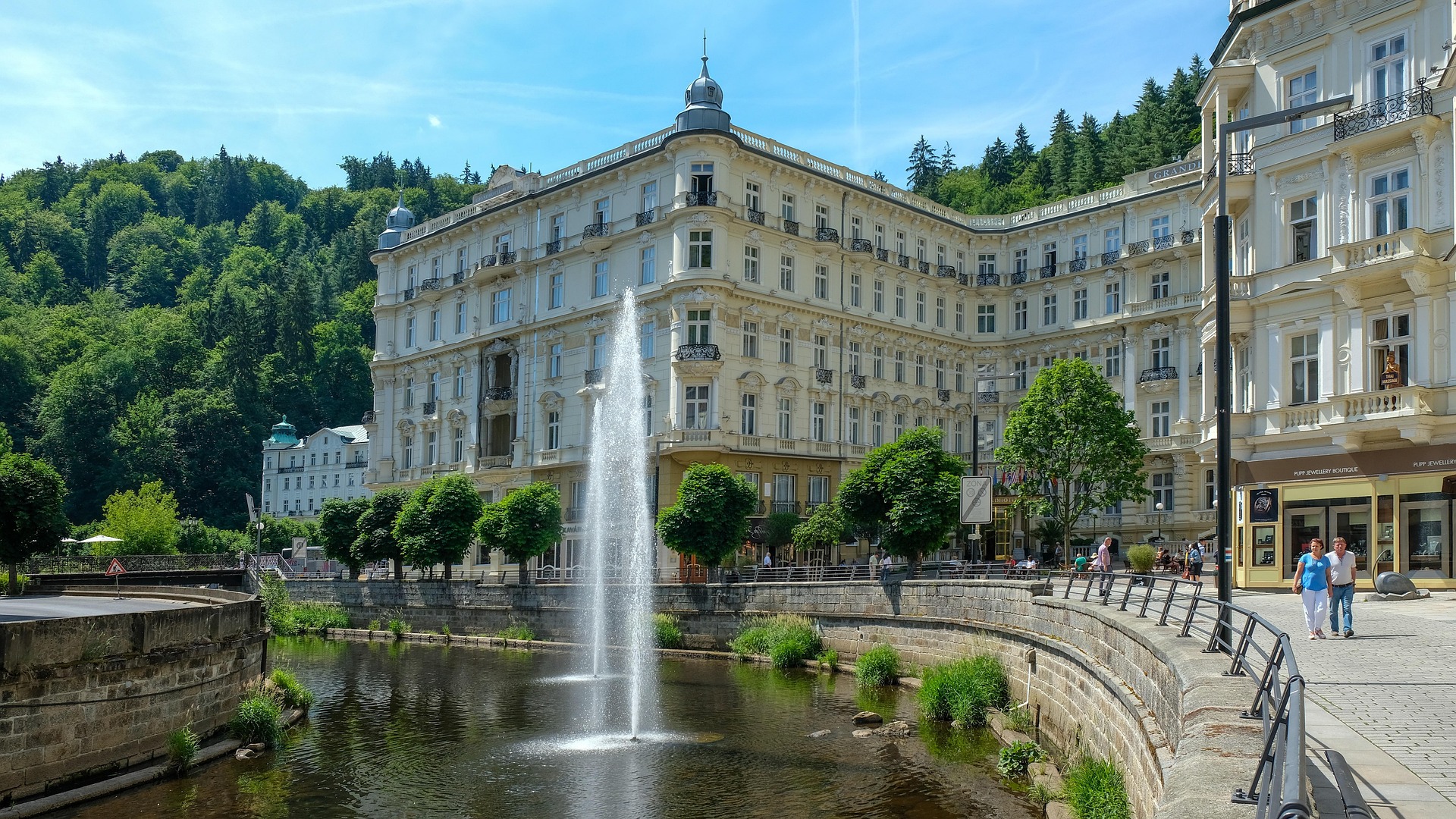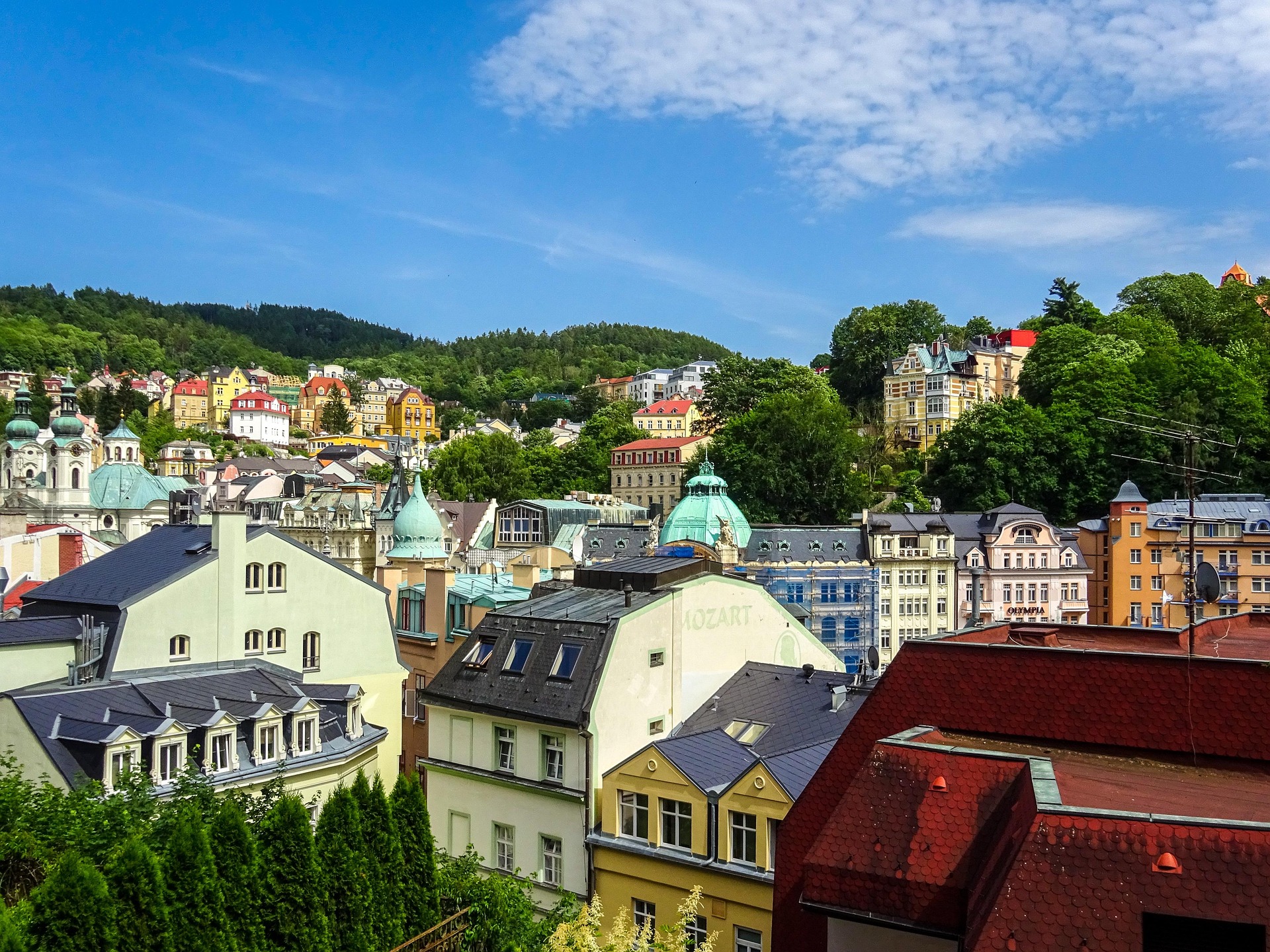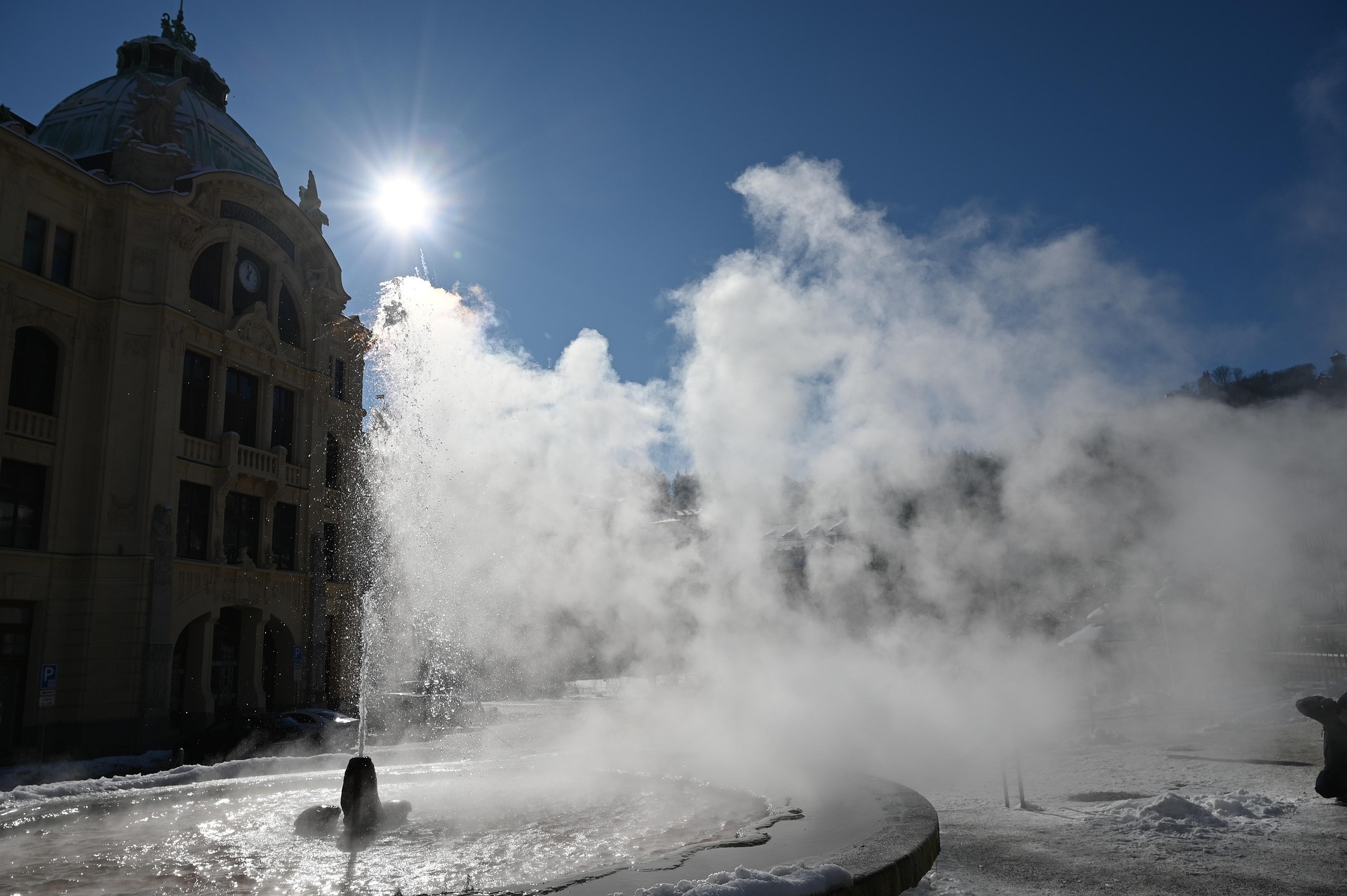
The Secret Pulse of Czech Spas: Karlovy Vary and the Magic of Healing Waters
The Secret Pulse of Czech Spas: Karlovy Vary and the Magic of Healing Waters
If you expect Karlovy Vary to be just a postcard of elegant colonnades and polite spa guests sipping warm mineral water, you're only seeing the surface. Beneath that calm façade lies a place that has been whispering to travellers, poets and wanderers for more than six centuries — a town that doesn't just heal the body, but gently rearranges the mind.

Born from a Volcano, Blessed by Time
Legend says that Emperor Charles IV discovered the springs when his hunting dog chased a deer into a ravine — and the animal suddenly yelped as boiling water burst from the ground. The emperor, astonished, tasted the spring and declared the site sacred. Whether that story is true or not doesn't really matter. Because when you walk through the mist rising from the hot fountains, you feel that something ancient is still alive here.
The earth under Karlovy Vary breathes. You can hear it in the gurgling of the Vřídlo geyser — a 72- degree natural spring that erupts every few seconds like a heartbeat of stone. The locals will tell you: "You don't drink the water. The water drinks you."

A Town That Speaks in Steam
Morning in Karlovy Vary is a theatre of silence. Before the tour buses arrive, you can watch old men in wool coats and women with porcelain cups wandering through the colonnades, each holding their own little ritual. They sip the water slowly, like a conversation with time itself.
Every spring has its own character: the first is mild, the second metallic, the third almost salty — and locals swear that each one heals a different sorrow. Some cure the stomach, others the nerves, and some, perhaps, the heart.

More Than Water
The truth is, no one comes to Karlovy Vary just for the water anymore. They come for the feeling of stepping out of the modern world — for that strange peace that hovers between the smell of sulfur and the sound of footsteps echoing under the colonnades.
There's the scent of coffee drifting from a 19th-century café, a violinist playing under the Mlynska colonnade, and somewhere in the crowd, a painter sketching faces on wet paper. It's a small world that moves at half speed — and invites you to slow down, too.